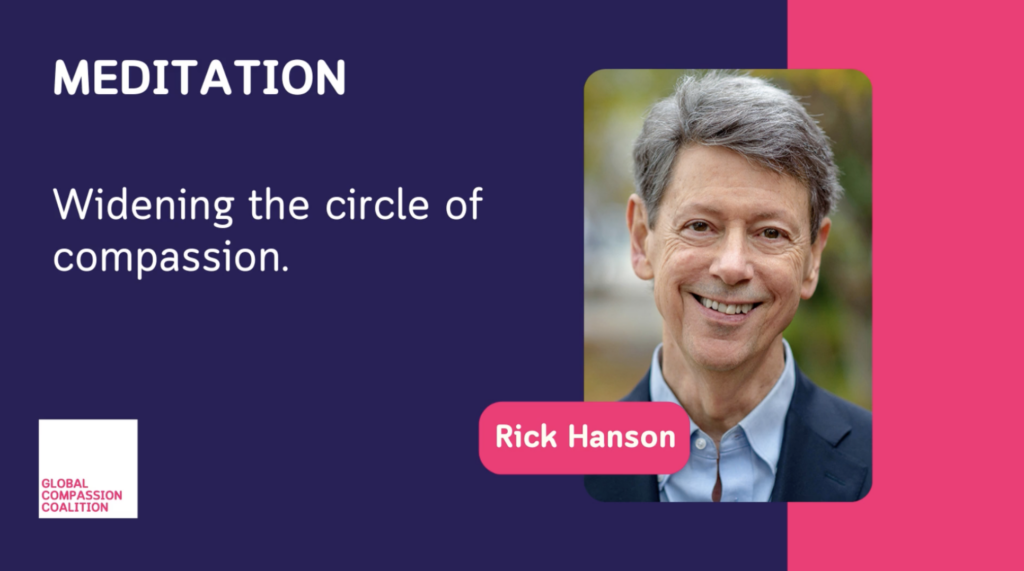Background
Self-Compassion has been widely studied for its wide-ranging beneficial effects. Researchers are now turning to brief self-compassion interventions to help those who struggle with a sense of belongingness and perceived burdensomeness. Thwarted belongingness is the feeling that one does not belong in a social setting whereas perceived burdensomeness is feeling like one is a burden to others. Those symptoms are especially prevalent with patient populations struggling with depression and even suicidality. Given that suicidality is a prominent global health concern, developing brief and accessible interventions that can reduce suicidal risk is crucial. Self-compassion can be taught to individuals to increase their natural capacity to be open and kind to oneself. Whereas previous studies have found that lower self-compassion levels are associated with thwarted sense of belongingness, perceived burdensomeness, and suicidal ideation, enhancing self-compassion may then decrease suicidal risk.
The Study
The study used an open trail of a brief online self-compassion intervention to target thwarted sense of belongingness and perceived burdensomeness. Over 130 undergraduate students viewed an educational video on self-compassion and completed self-compassion writing tasks for a single week. Compared to the typical eight week self-compassion course, the one week would be considered a brief intervention, designed for those who might not otherwise access a full course of an intervention.
The Results
The research team found that the undergraduate students found the brief self-compassion training to be helpful. Those who completed the study found that they reported significantly higher self-compassion scores following the intervention, however, the study did not find that the brief intervention affected this group’s sense of thwarted belongingness and perceived burdensomeness. The study concluded that the open trial demonstrated feasibility and acceptability of an online-based brief self-compassion intervention, but the group importantly noted that its impact of reducing suicidal risk cannot be determined from this study. A randomized control study, the gold standard for assessing whether a treatment is effective, is recommend to assess its effectiveness on reducing suicidal risk.

